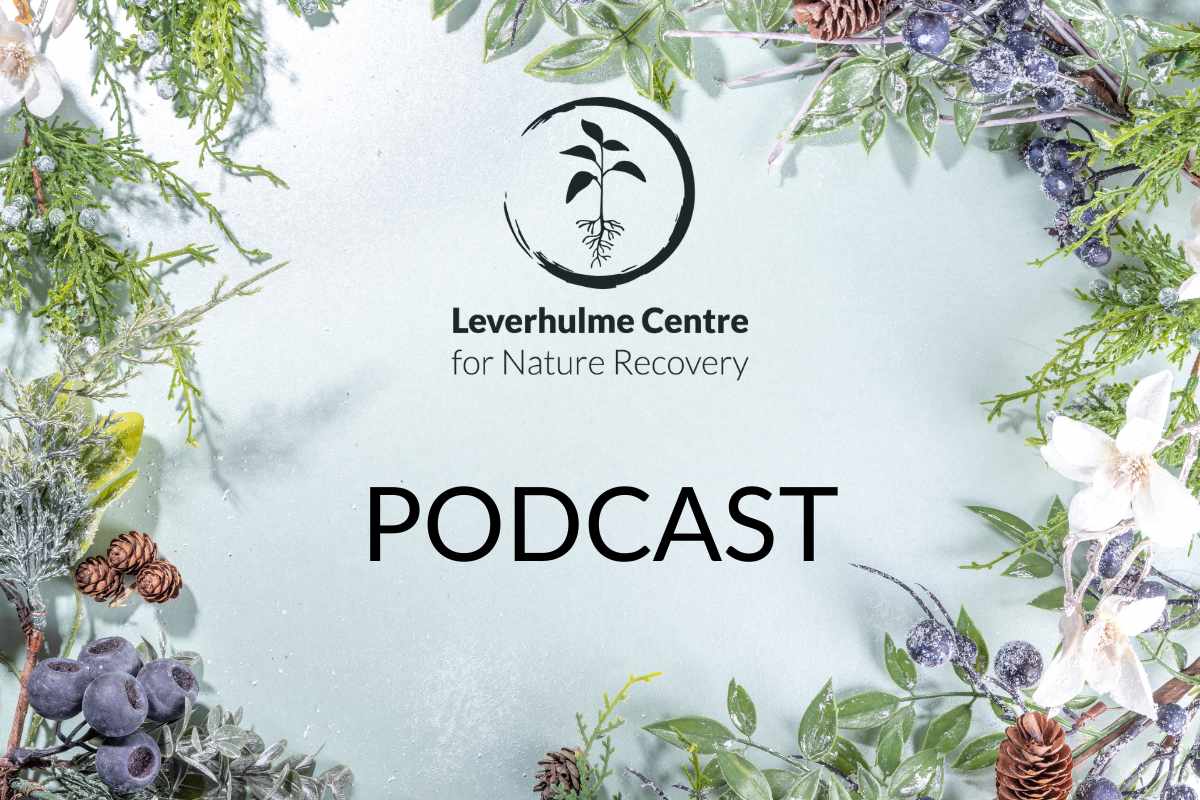Ash Dieback Special: Ecology & Hope – Dr Cecilia Dahlsjo & Dr Jo Clark

The ash tree plays a huge role in Europe’s culture and ecology. From Yggdrasill, the giant ash world tree of Norse Mythology to the Guardian trees of Ireland; the ash tree has been a central part of European folklore and mythology. It can be a prolific natural regenerator making it an excellent species for timber and its flexible, white wood is still in high demand today and is used in the manufacture of Morgan cars, Irish hurling sticks and numerous items of furniture and carpentry.
However, the European ash tree is now facing the most significant modern threat to its survival. Ash Dieback (Hymenoscyphus fraxineus) was common in China and Asia (where native ash species have obtained tolerance over time). In a globalised world, where timber and plant material are constantly being transported; this has sped up the spread of infectious tree diseases and pests. Ash dieback has ripped through Europe and was identified in the UK in 2012. Many UK ash woodlands have since been decimated by this disease which resulted in some very gloomy headlines:
https://news.exeter.gov.uk/diseased-trees-to-come-down-amid-safety-concerns/
https://www.theguardian.com/environment/2022/oct/16/ash-tree-dieback-uk-woodlands
It is unequivocally a monumental threat to our woodlands and will have major impacts for our ash trees and the species that associate with them.
In this podcast, we take a closer look at ash and the effects of Hymenoscyphus fraxineus. We discuss the threat without hyperbole of some headlines and look at the ecology of ash and what will happen to our woodlands as we lose large numbers of these trees to disease. We also offer signs of hope, the living ash project from the Future Trees trust is working with nature to speed up the ash trees ability to fight back. While there’s no doubt that ash dieback is a major economic and ecological threat and will dramatically change the nature of our woodlands; we try to take the longer view and understand the likelihood of the ash species to become tolerant over time and take a more nuanced look at the ecology. There is no ‘good’ or ‘bad’ only change. The more we can understand the science and the effects of tree diseases, the better placed we will be to manage the threats and identify strategies to resist threats or adapt our ecosystems to a rapidly changing future.
This podcast was co-hosted by Dr Cecilia Dahlsjo who is studying the effects of ash dieback through her work at Oxford University and Dr. Jo Clark who is the head of research for the Future Trees Trust. They run the Living Ash Project which is leading the way in the UK in developing ash dieback tolerant species to help nature rebound from this new threat.

